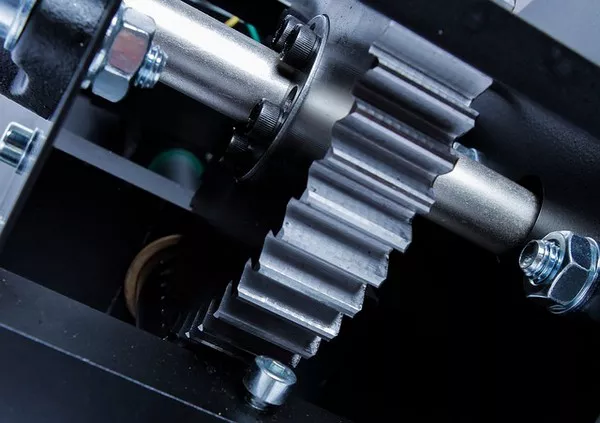According to recent data from the Society of Motor Manufacturers and Traders (SMMT), car production in the UK experienced a notable surge of 14.8% in November. A total of 91,923 cars were manufactured during the month, marking a substantial increase of 11,832 compared to the same period last year. This performance represents the highest for the month of November since 2020, signifying a positive shift as supply chain challenges recede.
The rise in production was observed in both domestic and international markets, with increases of 13.4% and 15.2%, respectively. Notably, 22,919 cars were retained in the UK, while exports played a significant role in driving overall production volumes.
Export growth was particularly prominent in the EU, China, and Turkey. Europe, in particular, received the majority (60.8%) of all exported cars, underlining the importance of tariff-free electrified vehicle trade between the UK and the EU. Shipments to these key markets increased by 22.4%, 37.3%, and a substantial 208.8%, respectively. However, there was a decline of -21.6% in cars exported to the US.
The production of battery electric (BEV), plug-in hybrid (PHEV), and hybrid (HEV) vehicles in the UK continued its upward trend, with combined volumes rising by 20.0% to 35,169 in November. These vehicles accounted for 38.3% of the total manufacturing output. Since January, UK car factories have produced a record 322,577 of these crucial vehicles, marking a significant increase of 53.7% compared to the same period in 2022.
Overall, UK car production has reached 843,345 units, already surpassing the full-year 2022 figure by 68,331 units. Mike Hawes, SMMT chief executive, expressed confidence in the sector’s renewed strength, emphasizing the need for the Anglo-European battery industry to build capacity rapidly to meet forecasted demand.
The positive industry outlook comes ahead of the expected approval of the European Commission’s proposal to extend current EU-UK trade rules governing electric vehicles (EVs) and batteries until 2027. This extension is seen as crucial for maintaining competitiveness and avoiding tariffs on electrified vehicle trade between the UK and the EU.

